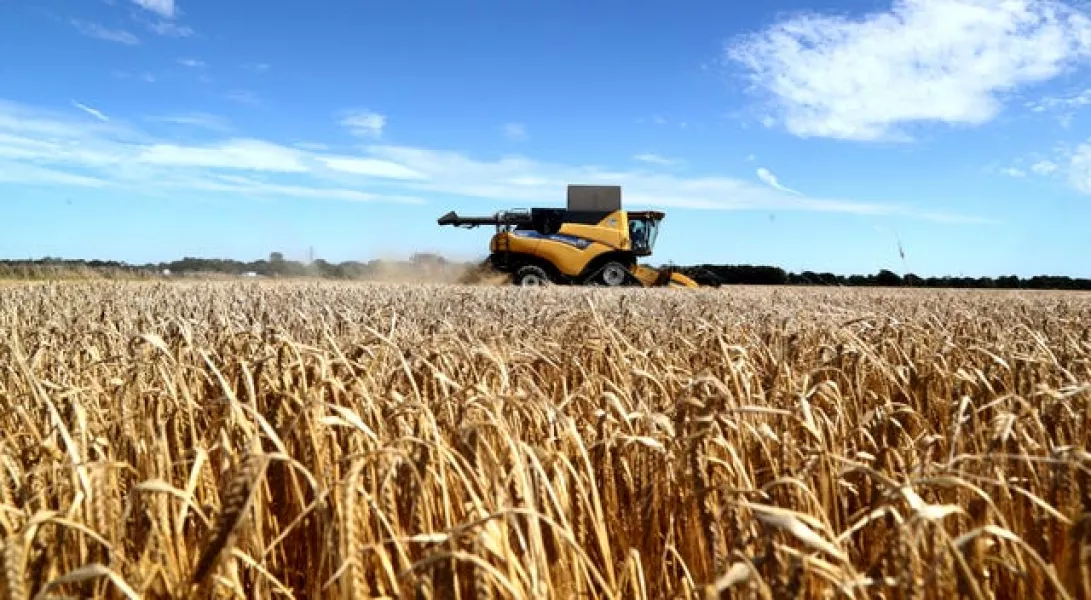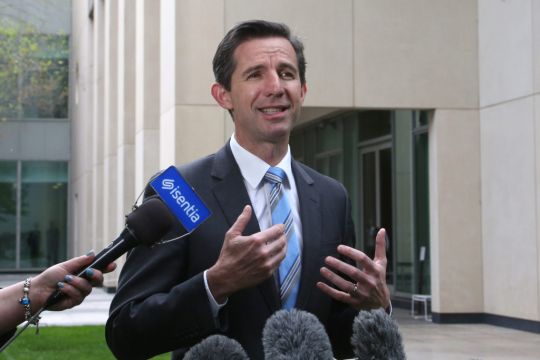Australia will ask the World Trade Organisation (WTO) to intervene in its dispute with China over barley and expects other nations to become involved in the case, the country’s trade minister said on Wednesday.
China effectively ended imports of Australian barley in May by putting tariffs of more than 80% on the crop, accusing Australia of breaching WTO rules by subsidising barley production and selling the grain in China at below production costs.
Australian Trade Minister Simon Birmingham said his country would formally ask the WTO to intervene on Wednesday.

“WTO dispute resolution processes are not perfect and they take longer than would be ideal, but ultimately, it is the right avenue for Australia to take at this point,” Mr Birmingham told reporters.
“It’s quite common for other countries to become third parties to proceedings in the WTO; Australia has done so on many occasions, China has done so on many occasions, and I would anticipate that others would do so on this occasion,” he added.
China is the Australian barley growers’ largest market. The grain is among a growing number of commodities that China has targeted as bilateral relations plumb new depths.
A new trade and development agreement between Australia and the Pacific, #PACERPlus comes into force today boosting #Pacific trade, investment and prosperity. 🇨🇰, 🇦🇺, 🇳🇿, 🇰🇮, 🇼🇸, 🇹🇴, 🇳🇺, 🇸🇧. Read: https://t.co/bFwXNwbVxj pic.twitter.com/INpRapKBLT
Advertisement— Simon Birmingham (@Birmo) December 13, 2020
Trade in Australian seafood, wood, beef and wine has also been disrupted since Australia angered China by requesting an independent inquiry into the origins of the coronavirus pandemic.
Australia is seeking clarification of recent Chinese state media reports that Australian coal imports have been banned.
Mr Birmingham said China had “accumulated a series of decisions that look like sanctions against Australia”.
Chinese Foreign Ministry spokesman Wang Wenbin declined to say whether its trade actions are a form of retaliation but said Australia must drop what he called a bias against Chinese companies.
“What I want to stress is that the Australian government should take seriously China’s concerns and take concrete acts to correct its discriminatory behaviours targeting Chinese enterprises,” he said at a daily briefing on Wednesday.







